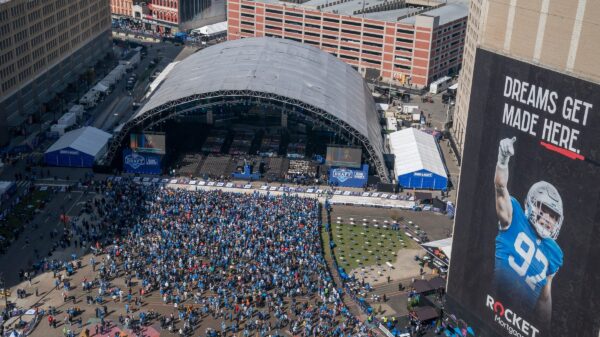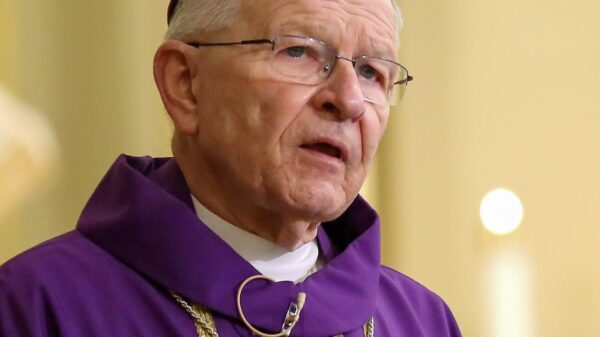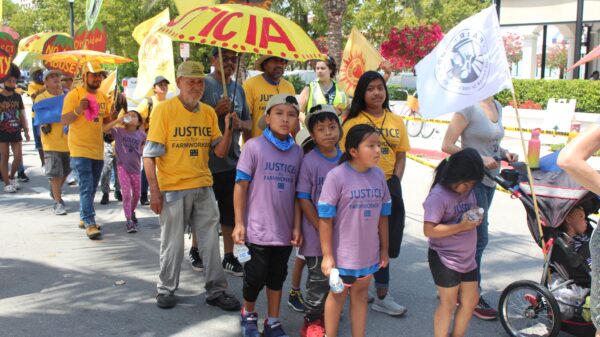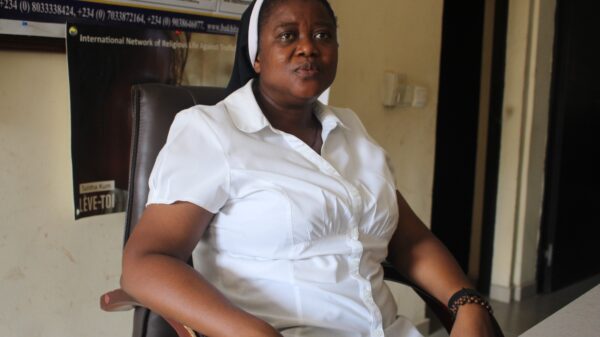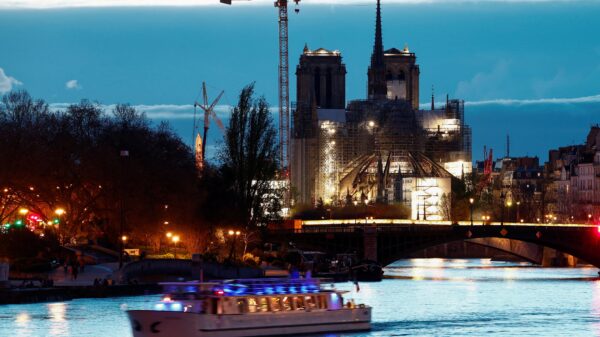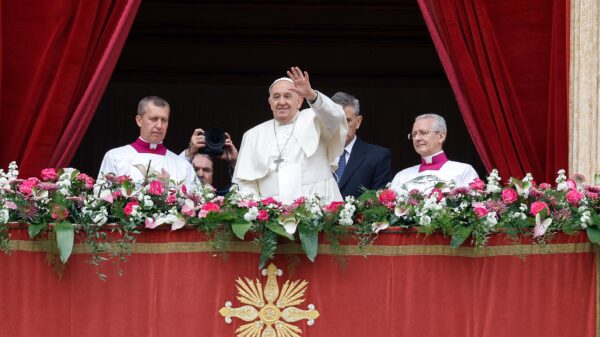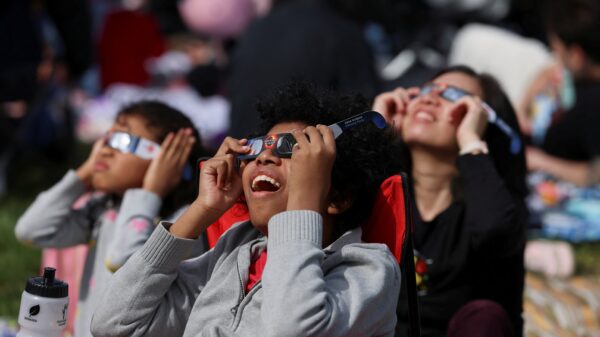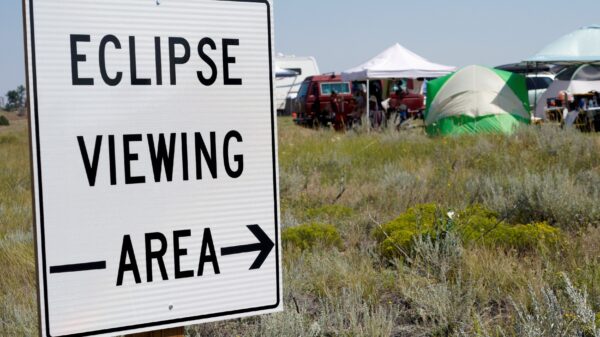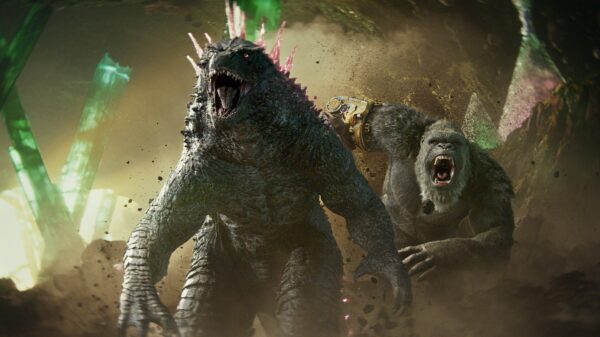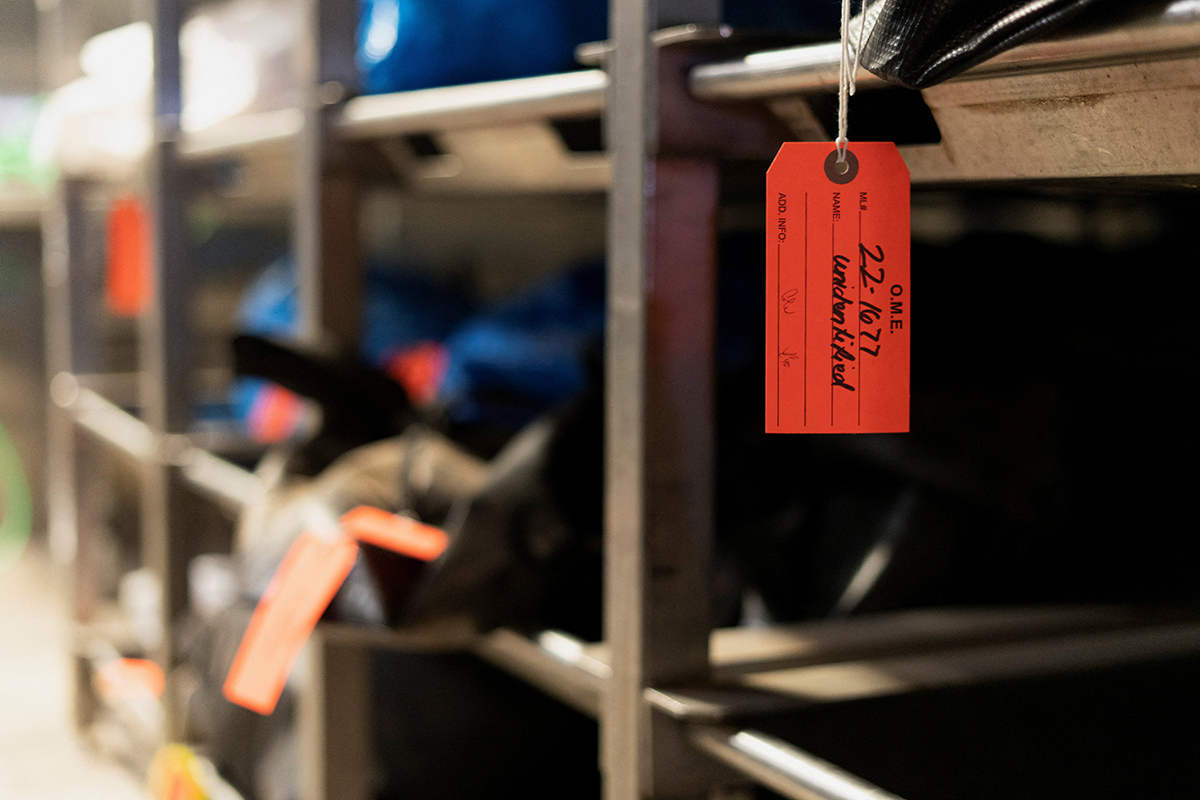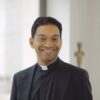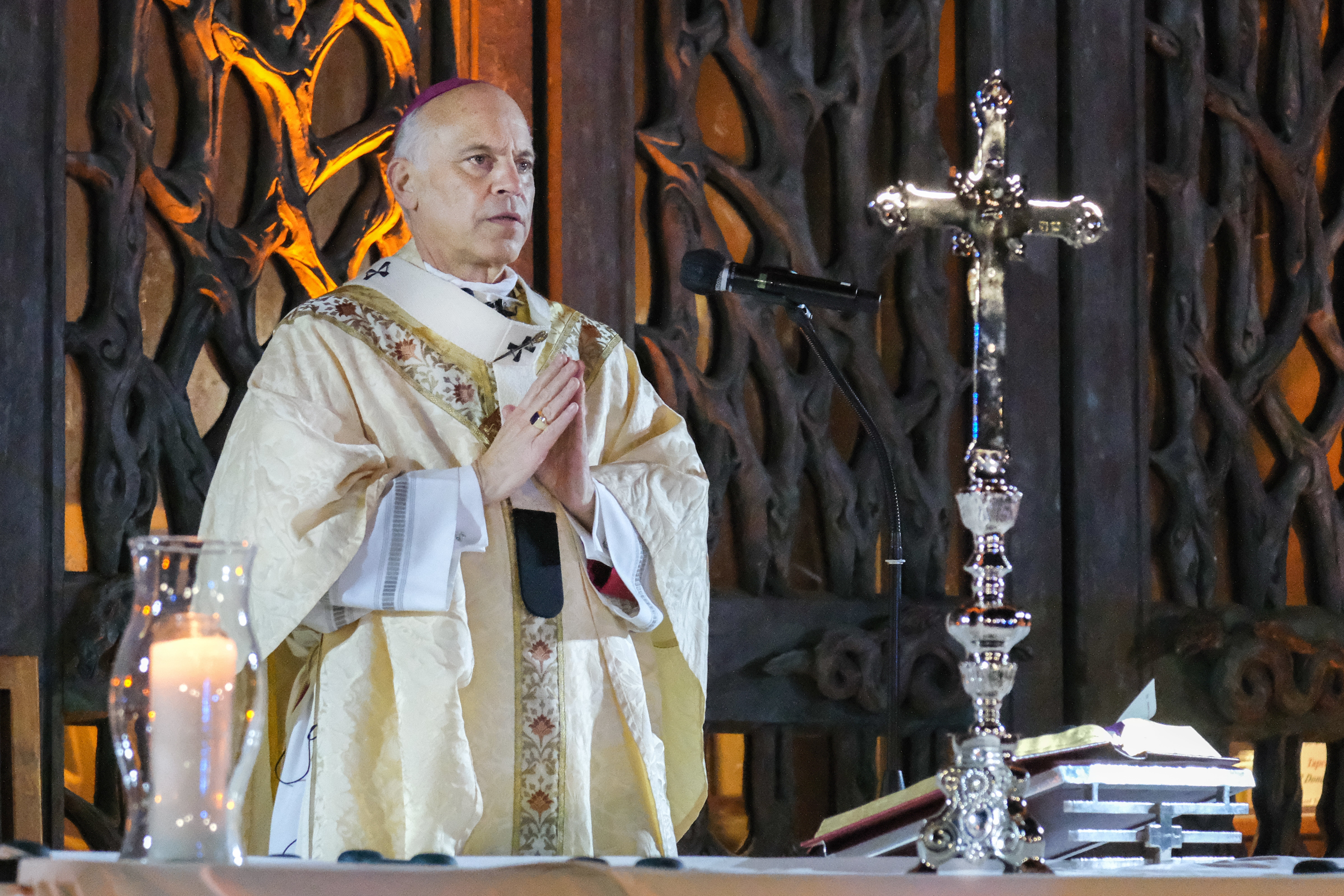By Robert Seelig
This past year, the wildly popular and long-running primetime ABC-TV reality show “Shark Tank” had two companies pitch novel ideas for disposing human remains. In April, an entrepreneur pitched turning remains into collectible stones and received a deal, while in September a company pitched composting human remains into soil and didn’t receive a deal. For a show that has brought lighthearted and successful products such as Scrub Daddy and Bombas Socks to market, the topic of disposing human remains might seem unexpected.
However, there are countless ways that people from all cultures, religions and societies seek to maintain connections with the departed. Unsurprisingly, the most popular burial practices in the U.S. are traditional casket burials and cremation, which together account for about 95% of human remains disposal. Technology now offers the ability to have remains liquified, consumed by mushroom shrouds, turned into soil and stones, or even use ancient practices such as being left to decompose and be consumed by birds in “sky burials.”
This year, 3.4 million people in the U.S. are expected to die and 60.5% (over 2 million) will be cremated. By 2045, the National Funeral Directors Association expects that cremations will account for more than 81% of disposals. Traditional burials will continue to decrease as a result of cremations increasing and the proliferation of newer methods coming on the market.
Funeral directors encourage people to plan ahead and discuss with loved ones their desires so as to make the inevitable less painful for those who remain.
What does the Catholic Church teach about this meaningful topic? A recent document from the U.S. Conference of Catholic Bishops simply and beautifully states, “[Traditional] Burial is considered by the Church to be the most appropriate way of manifesting reverence and respect for the body of the deceased because it ‘honors the children of God, who are temples of the Holy Spirit’ and clearly expresses our faith and hope in the resurrection of the body.”
Traditional burials inherently embody the facets of the church’s teaching spelled out in the bishops’ statement. These include the preservation of the physical body, its placement in a sacred space — usually a cemetery or some place set aside for this purpose — and affording the grieving community a specific place of prayer, remembrance and reflection.
Meeting these three distinct considerations is possible with cremation as well. Cremation preserves the full contents of the person; burial in a sacred place is allowed and therefore gives a distinct place to grieve. And so, the church approves cremation when these conditions are met.
Unfortunately, a great number of cremations do not comply, as ashes are often scattered or kept in homes, which neither keep the remains intact or allow for the wider community a specific place of remembrance and reflection.
While cremation may be an acceptable practice, many of the newer methods will always be at odds with church teaching simply because of the laws of physics. Alkaline hydrolysis consumes the flesh in a few hundred gallons of refuse water released into sewer systems. Composting techniques cause the dismemberment of our tissue scattered throughout a pickup truck’s worth of soil. Other current techniques also fall short in one way or another.
The business of burying the dead, along with humanity’s desire to be remembered respectfully, is a complex combination of anthropology, real estate, finances, ecological issues and spiritual mysteries. Living in this age of disposability, the church’s wisdom offers a thoughtful path for our respectful remembrance while the natural order eventually causes us all to return to the dust of the earth.
Robert Seelig is the founder and CEO of Catholic Funeral & Cemetery Services.


